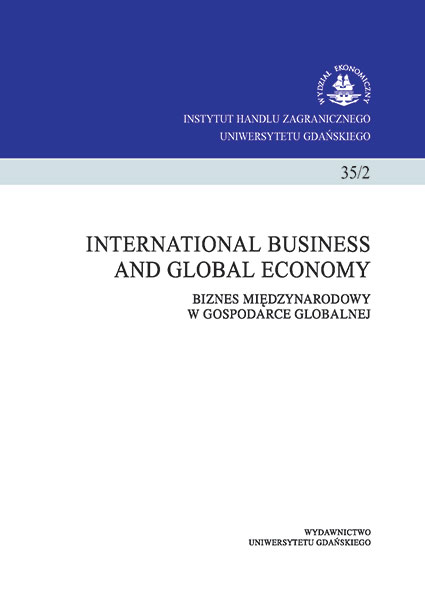Poprawa funkcjonowania unii celnej UE w kontekście postanowień Unijnego Kodeksu Celnego
Improving the functioning of the EU customs union in the context of the Union Customs Code regulations
Author(s): Monika GrotteliSubject(s): National Economy, Supranational / Global Economy
Published by: Wydawnictwo Uniwersytetu Jagiellońskiego
Summary/Abstract: The aim of the article is to answer two questions fundamental from the perspective of the EU customs union: Do the new regulations introduced by the Union Customs Code (UCC) affect the functioning of the EU customs union as a whole? And will the UCC guarantee the uniform application of customs legislation throughout the EU customs area by the customs service of each member state? In order to answer these questions, the paper analyses the prerequisites for the modernisation of EU customs legislation and indicates the main objectives of the introduced changes. An in-depth analysis of new solutions and regulations, particularly those concerning the simplification of customs service businesses and the implementation of customs procedures, proves that the new Customs Code includes several solutions previously regulated by national legislation of the member states. This resulted in the lack of transparent and uniform customs guidelines for all EU customs administrations. The UCC provides equal treatment for economic operators, including uniform rules for access to simplifications and facilitations of customs services. The analysis carried out in the article allows to formulate the following conclusions:1. The wide scope of regulations contained in the new customs legislation, set out in the UCCRegulation and in the implementing and delegated acts, is likely to contribute to improving the functioning of the customs union and ensuring security in the EU.2. Since the new rules have only been in force for a short period so far, the impact of the UCC on the functioning of the customs union cannot be unequivocally assessed. It is necessary to further monitor the implementation of the provisions of the Customs Code and the quantitative research in the areas governed by the new rules.Due to the lack of aggregated statistical data for the period from May 2016 to March 2017 on the use of new customs tools and customs procedures introduced into the economic practice through the legal regulations of the EU Customs Code, a statistical analysis of the effectiveness of the introduced changes was not possible. Therefore, the following research methods have been used in the paper: descriptive method, analysis of literature and legislation, and direct interview method.
Journal: International Business and Global Economy
- Issue Year: 36/2017
- Issue No: 1
- Page Range: 77-89
- Page Count: 13
- Language: Polish

